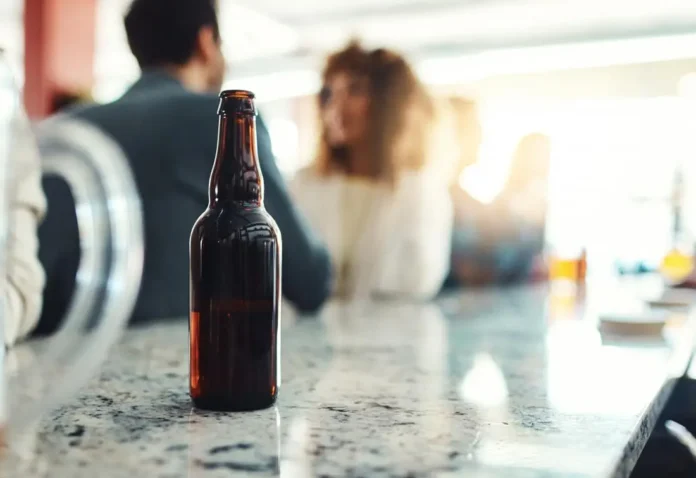
Alcohol has long had a close relationship with sex, from wild nights out meeting someone for the first time, to romantic evenings in with a glass of wine. But there is a boundary and alcohol can cause significant problems for a person’s sex life, particularly if their relationship with alcohol itself has become problematic.
But how exactly does alcohol affect our sex life? From relationships to performance, we run down what impact it may be having on you…
Alcohol and Sexual Performance
Although alcohol is often perceived as a social lubricant, its effects on sexual performance can be contradictory. While a small amount of alcohol may help lower inhibitions and increase confidence, excessive consumption can lead to a range of sexual problems as many studies have shown. In men, alcohol can affect erectile function, delay ejaculation, and reduce sexual desire.
For women, it can lead to decreased lubrication, diminished sensitivity, and difficulty achieving orgasm. Furthermore, chronic alcohol abuse may contribute to long-term sexual dysfunction, impacting both physical and psychological aspects of intimacy.
Relationships and Communication

Alcohol misuse can strain relationships and hinder effective communication between partners. Intoxication can lead to impaired judgment, altered perceptions, and decreased sensitivity to emotional cues, resulting in miscommunication and misunderstandings.
Alcohol-induced aggression or emotional instability may escalate conflicts, eroding trust and emotional intimacy within a relationship. Addressing these issues requires open and honest dialogue, seeking professional help when necessary, and creating a supportive environment for recovery.
The Role of Addiction
Addiction to alcohol presents a grave threat to one’s sex life and overall well-being. Alcohol addiction is a chronic disease and the presence of it intensifies the negative effects alcohol can have on sexual health.
Addiction often leads to neglect of personal relationships and increased secrecy, potentially driving a wedge between partners. Furthermore, substance abuse disorders can contribute to psychological disorders such as depression, anxiety, and low self-esteem, all of which can further exacerbate sexual dysfunction.
Seeking Help and Recovery

Recognizing the impact of alcohol on one’s sex life and acknowledging that alcohol guidance and possibly seeking advice from a mental health clinic London is required in order to get it back on track, as well as your own overall health. Professional guidance and support from healthcare providers, therapists, or support groups play a vital role in addressing alcohol-related sexual issues.
Treatment options for alcohol addiction typically involve a combination of medical interventions, counseling, and behavioral therapies. These approaches aim to help individuals break free from the cycle of addiction, restore physical and mental well-being, and improve sexual health.
For those who feel they aren’t suffering from addiction but feel like the substance could be harming their sex life, it is also worth considering the following…
- Moderate alcohol consumption ─ Limiting alcohol intake can help maintain sexual function and enjoyment. Being mindful of one’s alcohol consumption and setting boundaries can prevent a negative impact on sexual performance.
- Open communication ─ Honest conversations with your partner about sexual concerns and the impact of alcohol can foster understanding and create an environment of support and empathy.
- Seek professional help ─ If alcohol-related sexual problems persist or are linked to addiction, seeking professional assistance from healthcare providers or therapists can provide valuable guidance and support for both individuals and couples.








